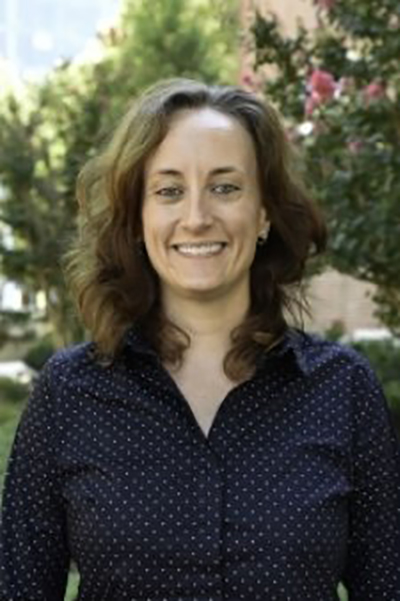Katherine Bevans, Associate Professor of Rehabilitation Services in Temple University’s College of Public Health, conducts research in partnership with rehabilitation clients who are most likely to be impacted by their collaborative efforts.
She partners with youth, families, and clinicians to answer questions through research and disseminating research findings in ways that can make a difference in people’s lives. During the course of her work, Bevans said, she has learned that most researchers have very little training in how to conduct research with youth, families, clinicians and other non-researchers.
“Many researchers see the value of partnership-based research, they just don’t know how to do it. On the same token, youth, parents, and other non-researcher types often feel unprepared, disempowered and intimidated by researchers and the research process,” she said. “They don’t always feel that they have much to offer and they aren’t sure what to expect from a research team.”
According to Bevans, she was inspired to change that. She created FYREworks (Family Youth Researcher Education), an online training and set of resources that would give youth and families the information, tools, and confidence they need to act as true partners in research.
Before Bevans developed FYREworks, she said her team talked to teenagers and family members about what would help them feel prepared and confident in their roles as research partners.
“We developed a lot of training material and resources based on these conversations. We felt pretty good about what we had created, except in one major area,” she said. “We wanted to give youth and family members some practical tips and strategies for how to ask researchers clarifying questions, how to respond when a research partner interrupts you a lot, and what to do if other research partners don’t seem to be listening to your ideas.”
Bevans University College’s Office of Digital Education (ODE) for their comprehensive assistance for help in addressing her problem.
“We knew we couldn’t just describe these types of inter-personal exchanges to learners, we needed to show them how these interactions unfold in a real life situation,” she said. “We created a group of characters and drafted preliminary versions of five scripts that showed the characters interacting in ways we thought were important to demonstrate.”
Bevans and her team worked with ODE’s Meg Sova, Multimedia Production Manager, to “block” scripts, identify camera angles, and organize the filming process.
“It’s remarkable how little we understood about this process. Filming took place on a single day at ODE using their professional studio and high end equipment,” she said. “(Sova’s) staff handled all the technical aspects of the filming while my team was there to make sure the films stayed true to our training goals. It was a truly collaborative process and as a result, the films are so much better than I ever expected.”
In addition to her technical expertise, Sova made major contributions to creative aspects of the project, Bevans said, helping to refine the language actors used, their intonation, body language, facial expressions and more, “all of which were essential to communicating the intended content to learners.”
The collaboration yielded seven short films, each demonstrating how research partners can best work together, and a four-part “audio story” illustrating the stages of a research project in an engaging way — coming up with a question; collecting information; making sense of that information; and sharing results in impactful ways.
“Ultimately, we hope this online approach will improve the quality and impact of public health research by giving teens and family members the skills, resources, and confidence to contribute in meaningful ways to the research that may impact them and people like them,” Bevans said.
The training films are available for viewing at www.FYREworkstraining.com.

